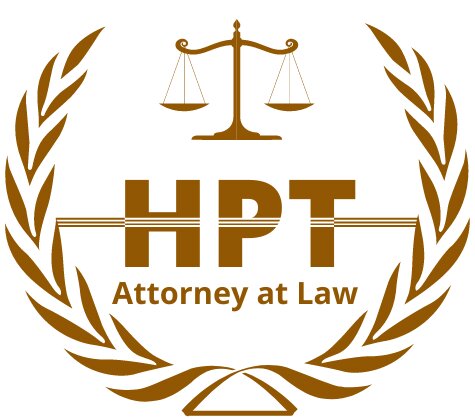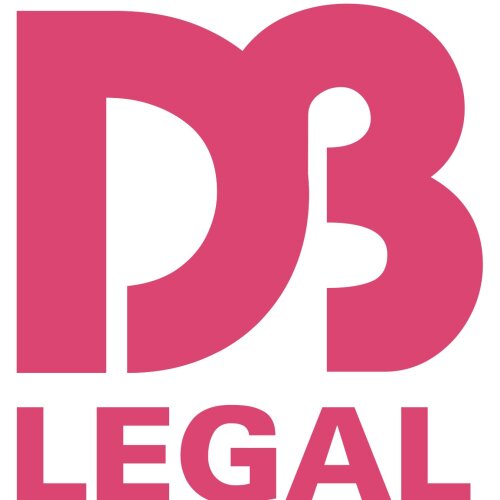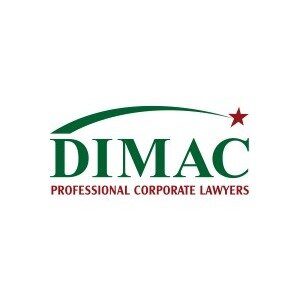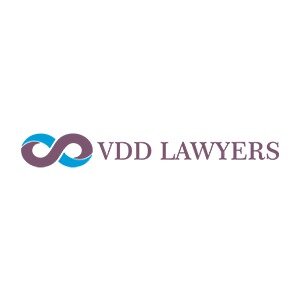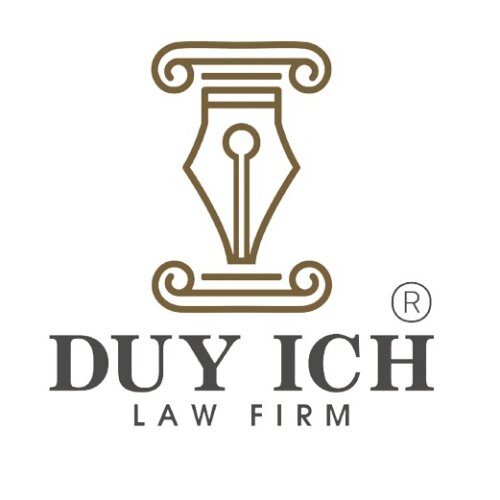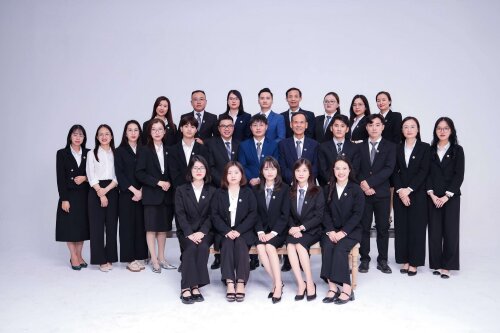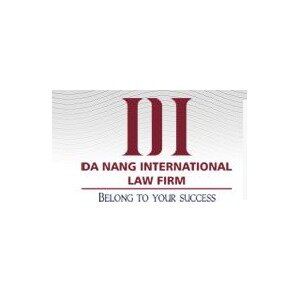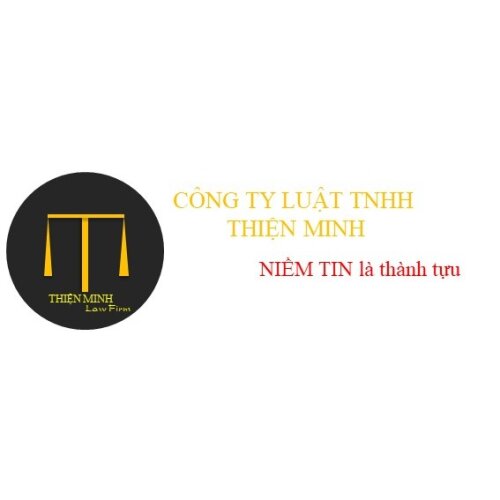Best Conveyancing Lawyers in Da Nang
Share your needs with us, get contacted by law firms.
Free. Takes 2 min.
Free Guide to Hiring a Real Estate Lawyer
List of the best lawyers in Da Nang, Vietnam
About Conveyancing Law in Da Nang, Vietnam
Conveyancing in Da Nang, Vietnam refers to the legal process involved in transferring ownership of property or land from one person or entity to another. This process ensures that all legal obligations are met, the buyer secures clear title to the property, and the rights and responsibilities of the parties are protected. In Da Nang, conveyancing transactions can involve various types of properties, including residential homes, apartments, land plots, and commercial real estate. As the Vietnamese property market continues to attract both local and foreign investors, understanding the intricacies of conveyancing law is vital for anyone looking to buy, sell, or transfer property in the city.
Why You May Need a Lawyer
Engaging a lawyer for conveyancing in Da Nang can help you navigate the legal complexities associated with property transactions. Common situations where you may require legal assistance include:
- Reviewing and drafting sale and purchase agreements to ensure your interests are protected
- Conducting due diligence on the property's legal status, ownership, and any encumbrances
- Obtaining necessary approvals or permits from local authorities
- Handling transactions involving foreign ownership or investment regulations
- Assisting with transfer of ownership procedures at local government offices
- Resolving disputes related to property boundaries, inheritance, or joint ownership
Having a lawyer by your side can minimize risks, prevent costly mistakes, and provide peace of mind throughout the conveyancing process.
Local Laws Overview
Conveyancing in Da Nang is governed by Vietnamese national laws, such as the Law on Land 2013, Law on Real Estate Business 2014, and the Civil Code, as well as specific regulations and administrative procedures set at the provincial and city levels. Key legal aspects include:
- Land Use Rights: Land in Vietnam is owned by the state. Individuals and organizations are granted rights to use land, which can be transferred, inherited, or leased subject to certain conditions.
- Ownership Rights: Ownership of property, such as houses or buildings, can be transferred independently of land use rights in some cases.
- Foreign Ownership: Foreigners are allowed to own houses in Vietnam under specific circumstances, with limitations on the term and type of property. Foreigners may lease land but cannot own land outright.
- Transfer Procedure: Property transfers must be notarized and registered with the local Land Registration Office. Relevant taxes and fees apply, including registration and personal income tax for sellers.
- Due Diligence: Verification of the property's legal status, encumbrances, and compliance with planning regulations is essential before completing a transaction.
Local administrative requirements and practices in Da Nang may differ slightly from other regions, so it's important to follow the municipality's guidance and seek professional advice when needed.
Frequently Asked Questions
What is the typical process for transferring property ownership in Da Nang?
The process includes negotiating and signing a sales agreement, notarizing the contract, paying required taxes, and registering the transfer with the local Land Registration Office.
Can foreigners buy property in Da Nang?
Yes, foreigners may own certain types of residential properties but cannot own land. There are restrictions on the duration, property type, and the percentage of total units in a project that foreigners can own.
What documents are required for conveyancing?
Typical documents include land use rights certificates, proof of property ownership, ID documents, household registration book, marriage certificates (if applicable), tax receipts, and notarized contracts.
Who is responsible for paying taxes and fees during a transaction?
Usually, the seller pays personal income tax and a portion of the registration fee, while the buyer is responsible for the rest of the registration costs. However, this can be negotiated between the parties.
How long does the conveyancing process take?
The timeline can range from a few weeks to several months, depending on document readiness, administrative procedures, and complexity of the transaction.
What are the risks if I do not conduct proper due diligence?
Risks include purchasing property with unresolved disputes, encumbrances, planning violations, or unclear ownership, which can lead to legal complications or financial losses.
Do property transactions in Da Nang require notarization?
Yes, property sales and purchases must be notarized by a public notary to be legally recognized and registered.
Is it possible to transfer ownership of inherited property?
Yes, inheritance transfers follow legal procedures and may require additional documents, such as a will, death certificate, and proof of kinship.
Are there any specific rules for commercial property conveyancing?
Commercial property transactions are subject to additional business-related regulations, zoning laws, and may involve more complex tax and licensing requirements.
Should I use a real estate agent or a lawyer for conveyancing?
While agents can assist with finding property and negotiations, legal advice from a qualified lawyer is essential to ensure compliance with Vietnamese law and safeguard your interests.
Additional Resources
If you need further information or assistance, consider reaching out to the following:
- Da Nang Department of Natural Resources and Environment - Handles land registration, issuance of land use right certificates, and property records
- Da Nang Notary Public Office - Provides notarization services required for legal property transfers
- Da Nang Department of Construction - Oversees real estate regulations and licensing in the area
- Vietnam Bar Federation and Da Nang Bar Association - For finding qualified local lawyers
- Real Estate Associations and Agents - Can guide on the current market and provide referrals to professionals
Next Steps
If you are considering buying, selling, or otherwise transferring property in Da Nang, start by gathering all relevant documents, clearly identifying your objectives, and conducting initial research. Consult with a qualified lawyer familiar with conveyancing in Da Nang to review your situation, explain the legal process, and outline the necessary steps. A legal professional can help you identify any potential risks, handle paperwork, and represent your interests throughout the transaction. To find a lawyer, contact the Da Nang Bar Association, ask for referrals from trusted sources, or search for established law firms with conveyancing experience in the region.
Remember, completing property transactions in Vietnam involves strict compliance with local laws and administrative procedures. Legal guidance is crucial to protecting your investment and ensuring a smooth transfer process.
Lawzana helps you find the best lawyers and law firms in Da Nang through a curated and pre-screened list of qualified legal professionals. Our platform offers rankings and detailed profiles of attorneys and law firms, allowing you to compare based on practice areas, including Conveyancing, experience, and client feedback.
Each profile includes a description of the firm's areas of practice, client reviews, team members and partners, year of establishment, spoken languages, office locations, contact information, social media presence, and any published articles or resources. Most firms on our platform speak English and are experienced in both local and international legal matters.
Get a quote from top-rated law firms in Da Nang, Vietnam — quickly, securely, and without unnecessary hassle.
Disclaimer:
The information provided on this page is for general informational purposes only and does not constitute legal advice. While we strive to ensure the accuracy and relevance of the content, legal information may change over time, and interpretations of the law can vary. You should always consult with a qualified legal professional for advice specific to your situation.
We disclaim all liability for actions taken or not taken based on the content of this page. If you believe any information is incorrect or outdated, please contact us, and we will review and update it where appropriate.



